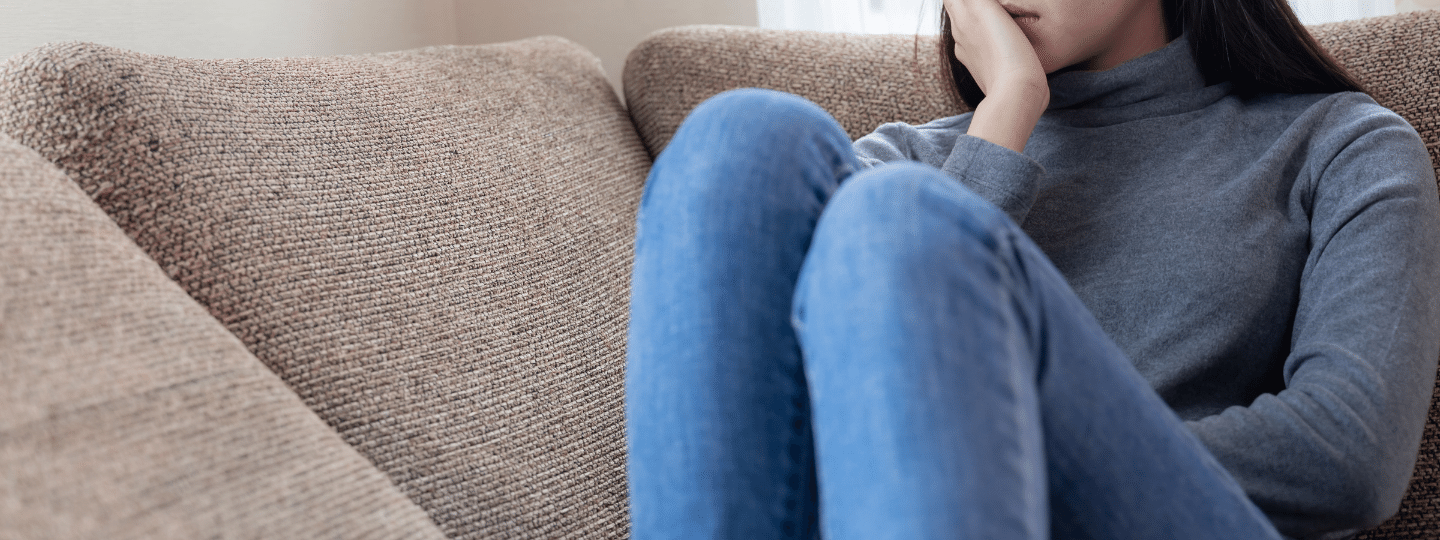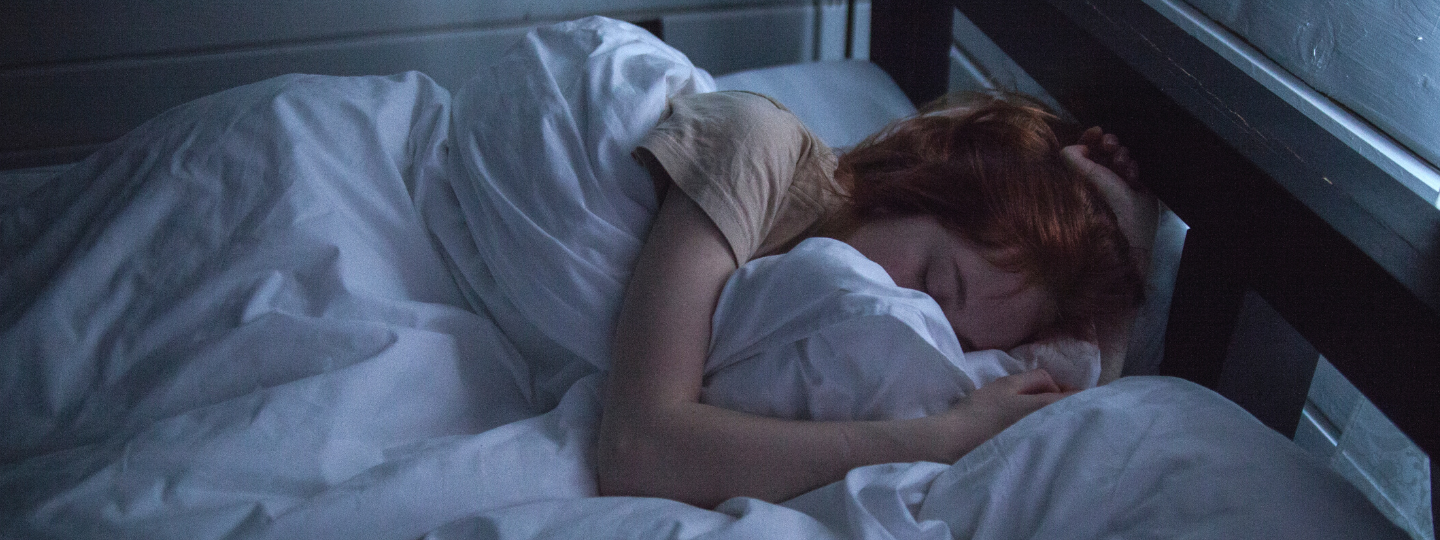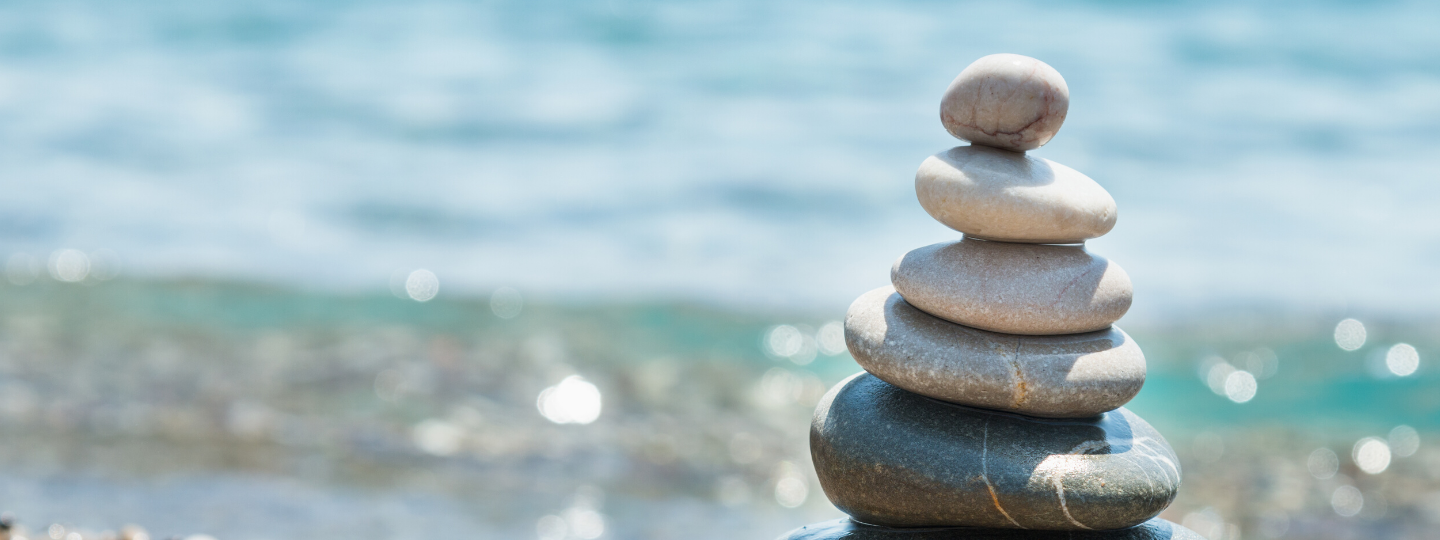The holiday season is meant to be a time of joy, but for many, it can be overwhelming and stressful.
Category: Anxiety
Dealing with self-criticism
Too many of us are quietly, privately, hard on ourselves. We walk around with an inner critic, telling us we’re not ‘good enough’ and never amount to anything.
Sometimes we feel so much pressure to achieve, self-criticism seems like a necessity. Lockdown has kept us cooped up and in many cases with more free time. We may feel especially guilty if we’ve not been ‘productive’.
We’ve all seen people who ‘achieved’ despite the difficulties of the pandemic. Marathons run in backyards, new languages learned, what seems like hundreds of books read. It’s difficult not to compare ourselves and put pressure on ourselves too.
There’s a myth we can hang on to that a harsh inner critic is useful to get where we want in life.
In this article, you will find:
Managing anxiety
Feeling anxious is a normal and natural occurrence for each and every one of us.
In this article, you will find:
Problems at school
Everyone has a different experience of school.
Most students go through some ups and downs throughout the year. Experiencing problems at school is not unusual for many young people.
When difficulties get on top of us, it can be like a domino effect. One domino falls over and all the rest seem to pile up. It’s OK to have mixed feelings about school, as everyone has their good days and bad days. Whether you’re having problems with schoolwork, friends, or fitting in, you are not alone.
Some common problems in school and solutions:
Goal setting
We are often asked about our ‘goals in life’ when it comes to careers or discussions about the future. ‘Squad goals’ or ‘couple goals’ appear in many Instagram posts, but what does this really mean? Are personal goals something we want to be, or want to have?
In this article, you will find help to set and achieve your goals:
- What is a goal?
- The purpose of goal setting
- Is the goal SMART?
- How to increase your chances of success
- Ciara (19) shares a goal that she achieved
Why do people self-harm?
Self-harm is when someone intentionally damages or injures their body. Also known as self-injury, it can take on many forms, such as cutting, burning, hitting, or scratching.
Risky behaviour that can be harmful is also considered self-harm behaviour. Binge drinking to the point of blacking out or vomiting regularly, restricting food intake, or overeating could be considered risky.
How can I manage anxiety?
Jigsaw Youth Advisory Panel member Josh, talks to Jigsaw Clinician Jen about ways to manage anxiety.
Sleep and mental health
We all need our sleep. Regular, long stretches of undisturbed quality sleep is essential for our mental as well as physical health.
“Sleep is the single most effective thing we can do to reset our brain and body health each day”, according to Professor Matthew Walker, neuroscientist, and author of ‘Why We Sleep’.
Many of the young people who attend Jigsaw face-to-face services report sleep difficulties as one of the issues they are facing.
In this article, you will learn:
- How does lack of sleep affect your mental health
- What might be getting in the way of a good night’s sleep
- Tips for getting more sleep
How much sleep do young people need?
Our sleeping rhythms and needs change as we get older. Although we may feel we can manage with a certain amount of sleep, there are recommended times for overall health.
Teenagers need between eight to ten hours sleep a night, though they are more likely to get around seven. Adults require a bit less; between eight and nine hours. These guidelines may seem ambitious, or even unrealistic. But sleep is essential for your health and for cognitive functions like learning.
Research has proven when school start times are put forward to allow students to get more sleep, it leads to an increase in academic performance. In a 2018 study, a Seattle High School delayed its start time by an hour and saw a 4.5% increase in the median grades of the students. It also saw an improvement in attendance.
It is possible to sleep too much (over ten hours regularly). Find out the right amount of sleep for you within these guidelines to feel rested when you wake.
Relaxation for mental health
How many times have you heard the words ‘just relax’. Sometimes it’s easier said than done.
It can also be quite annoying to have someone telling you to relax, when there seems to be a lot on and out of your control.
But often, life can be so busy we forget to take a break and step back. It’s not unusual to have several things on our mind all at once.
Things like exams, family, friends, finances, and the future can feel overwhelming. Feeling stressed or tense can be a signal to take a break and have some downtime. Relaxation is important for our mental health.
In this article, you will find:
Anxiety during Covid-19
Jen, Jigsaw clinician, talks about feelings of anxiety and what we can do about them.













